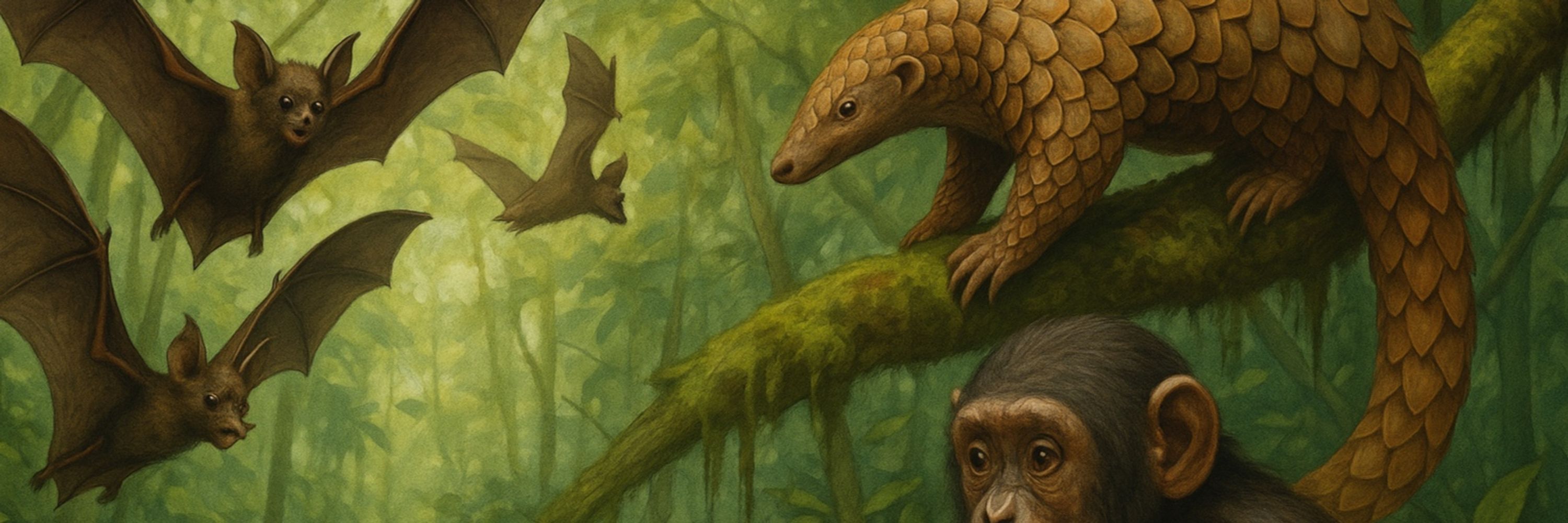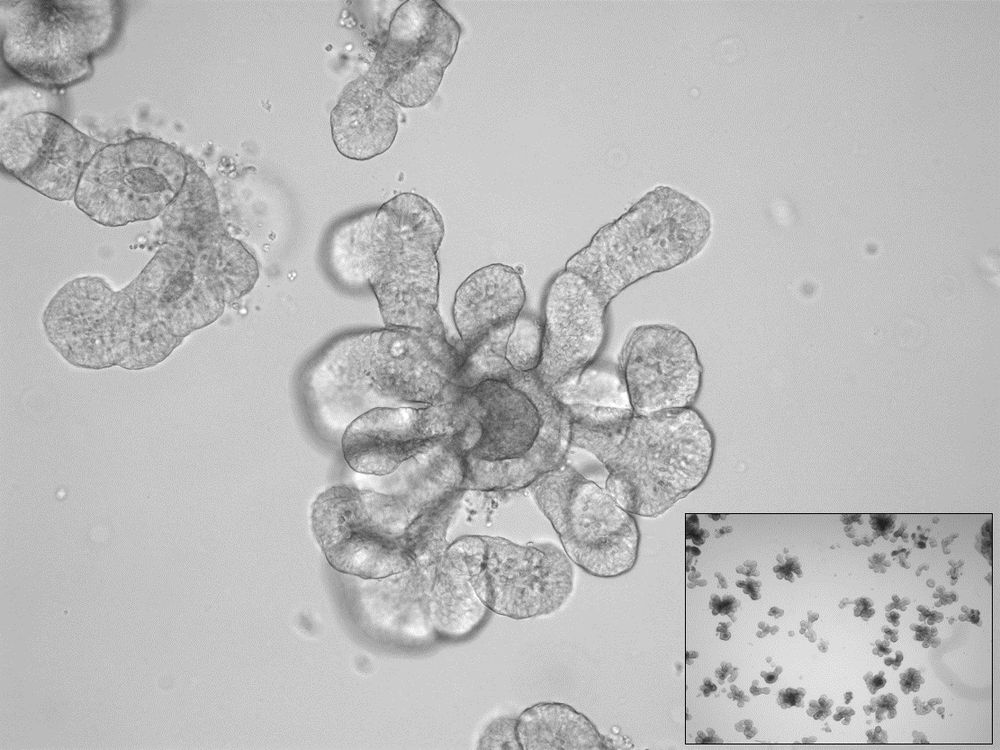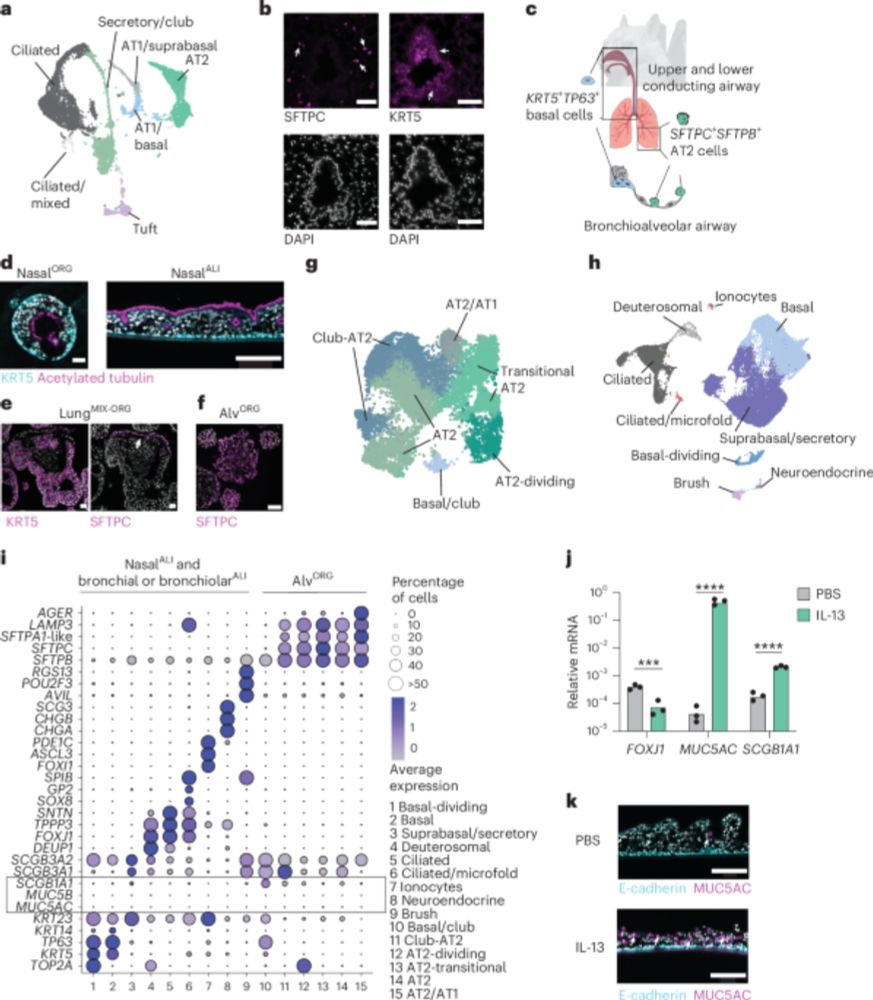

www.helmholtz-hzi.de/media-center...

www.helmholtz-hzi.de/media-center...
These models provided unprecedented insight into antiviral immunity at epithelial surfaces of the Egyptian fruit bat 🦇 — a natural reservoir of Marburg virus 🦠
www.nature.com/articles/s41...

These models provided unprecedented insight into antiviral immunity at epithelial surfaces of the Egyptian fruit bat 🦇 — a natural reservoir of Marburg virus 🦠
www.nature.com/articles/s41...

